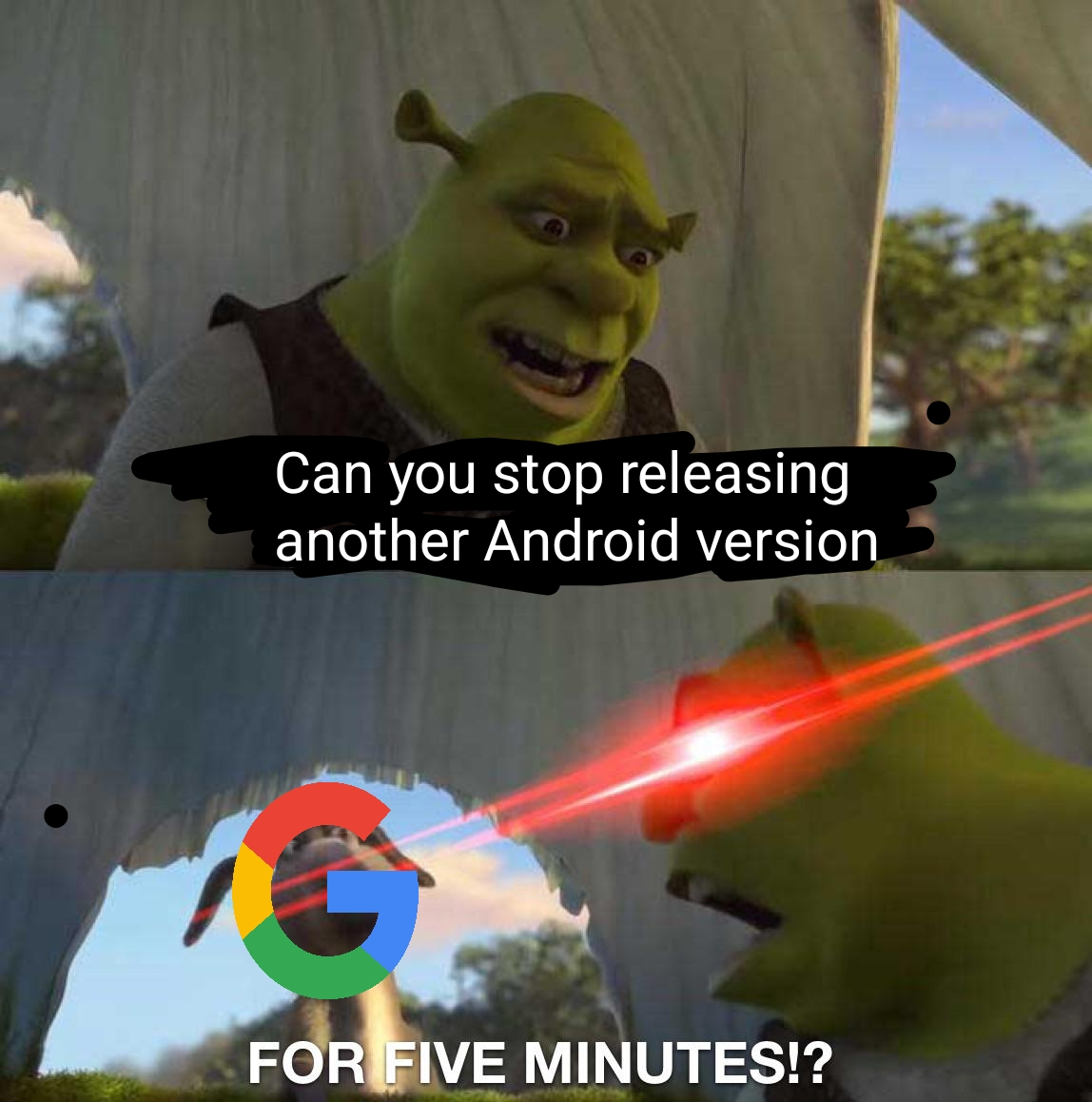this post was submitted on 31 Oct 2024
345 points (90.6% liked)
memes
10309 readers
1859 users here now
Community rules
1. Be civil
No trolling, bigotry or other insulting / annoying behaviour
2. No politics
This is non-politics community. For political memes please go to !politicalmemes@lemmy.world
3. No recent reposts
Check for reposts when posting a meme, you can only repost after 1 month
4. No bots
No bots without the express approval of the mods or the admins
5. No Spam/Ads
No advertisements or spam. This is an instance rule and the only way to live.
Sister communities
- !tenforward@lemmy.world : Star Trek memes, chat and shitposts
- !lemmyshitpost@lemmy.world : Lemmy Shitposts, anything and everything goes.
- !linuxmemes@lemmy.world : Linux themed memes
- !comicstrips@lemmy.world : for those who love comic stories.
founded 1 year ago
MODERATORS
you are viewing a single comment's thread
view the rest of the comments
view the rest of the comments

Y'all don't understand semantic versioning.
Google does a major release pretty much yearly.
Major releases are for breaking changes.
That's exactly what we're complaning about. Major release cycle used to be much longer. Now they have this need to break things all the time. I hate the new bubble settings UI, and that everything keeps getting worse to use instead of better.
Then...don't upgrade?
I'm sorry I don't see what the problem is here. This is a typical release schedule.
iOS has the same schedule (major release yearly). At least Google supports and patches for over 3 years. Apple is supporting 17 and 18 and that's it. Android is still patching 12-15.
Mobile hardware is probably the fastest developing
corner of consumer electronics...between processors, screens, and battery technology. Of course software will have to change fast to keep up.
Not upgrading is not an option if you don't want your highly connecting device to remain secure.
Why does software have to change to keep up with any of those? Old software can run on new hardware just fine.
Only if the old software happens to have drivers compatible with the new hardware, which it almost certainly doesn't.
If only the people pushing the new software had complete control over their old software, the new software, and the new hardware. Oh well. Clearly there's no way to preserve backwards compatibility here, it's not like Google controls every detail of their manufacturing lineup.
They could make driver updates. They don't have to make a whole new OS version.
Now what does that say about regular major releases?